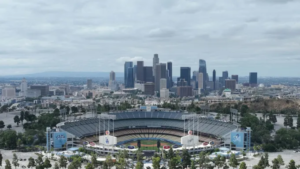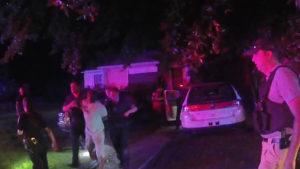The Vermont Conversation with David Goodman is a VTDigger podcast that features in-depth interviews on local and national issues with politicians, activists, artists, changemakers and citizens who are making a difference. Listen below, and subscribe on Apple Podcasts, Google Podcasts or Spotify to hear more.
Education is the new frontline in America’s culture wars.
In Florida, teaching about LGBTQ+ issues has become a flashpoint. Florida Gov. Ron DeSantis recently surrounded himself with smiling elementary school children as he signed the “Don’t Say Gay” bill that bars discussion of sexual orientation or gender identity in the state’s primary schools.
Don’t miss an episode.
Teaching about racism is also now perilous. At least 36 states have passed or proposed laws or policies that restrict the teaching of race or racism.
At the heart of this culture war is a struggle over who controls education. As a result of recent U.S. Supreme Court decisions loosening restrictions on funding religious schools, some states are enacting policies permitting public funding of private schools, including religious schools. The Vermont Senate recently passed S.219 to restrict public funding for religious schools. But critics, including former Vermont Education Secretary Rebecca Holcombe, fear that Vermont may unwittingly establish a precedent that conservative legal groups will take to the U.S. Supreme Court in an effort to knock down the wall between secular and religious education.
I spoke with Holcombe and Derek Black, a professor of law at the University of South Carolina and a leading expert on education law and policy, about the implications of allowing public funds to pay for private and religious education.
“The Supreme Court is moving toward a doctrine that suggests … that you can’t exclude religion and that the state really can’t control its dollars once they enter the private sector,” Black said.
If that happens, he said liberal states may simply end programs to pay tuition for some students to attend private schools, while other states may “run wild” with public support of religious schools.
“We may be leading to a tale of two different countries when it comes to public education and privatization in America,” Black said.




